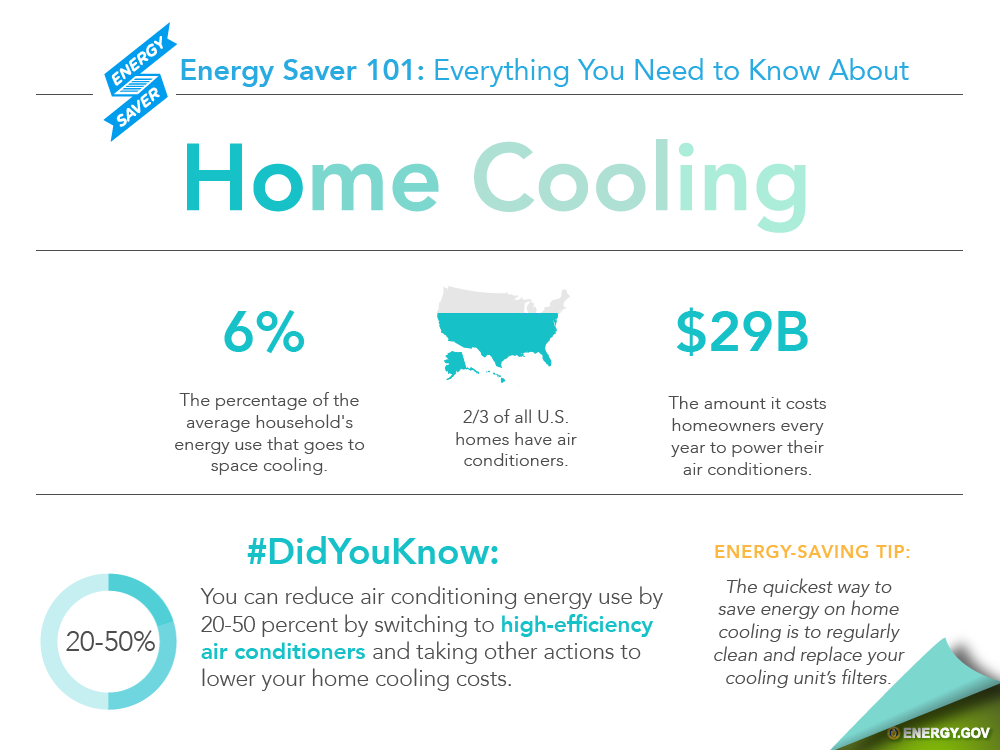Taking Full Advantage Of Convenience And Savings - Tips For Optimizing Your Heat Pump Performance
Taking Full Advantage Of Convenience And Savings - Tips For Optimizing Your Heat Pump Performance
Blog Article
Developed By-Fulton Proctor
Whether you own a heat pump or have an existing boiler back up, there are a few things that can be done to enhance your system for efficient operation. By following these suggestions, you can take full advantage of convenience and savings without stressing your system or acquiring power bills.
Readjusting your thermostat for performance is just one of the very first steps. Making use of zoning abilities to limit home heating of unoccupied areas is one more efficient approach.
1. Set Your Thermostat to the Right Temperature
As the seasons change, stabilizing convenience and cost efficiency can be a challenge. Fortunately, a few straightforward tips can help you minimize power intake and make the most of financial savings.
Beginning by determining the most effective temperature for your household, then establish your thermostat accordingly. Stay clear of making large lift and down in the temperature level setting, as this will certainly trigger your heat pump to cycle on and off much more regularly, using up a lot more power.
Instead, slowly lower the temperature at night for an extra comfortable resting atmosphere. After that, raise it slightly in the morning. Bear in mind to keep air vents open and guided downward when heating, and up when cooling down to maximize circulation.
2. Evaluate Your System Frequently
A heat pump system calls for minimal upkeep, however it is essential to evaluate the device on a regular basis to capture any type of issues prior to they come to be serious. Clean interior filters on a timetable established by the producer or when they're noticeably dirty, and make certain exterior systems have at the very least 2 feet of clearance to enable air flow.
Checking the unit will also consist of cleansing, tightening up electric terminals, and running efficiency tests to guarantee accuracy during heating and cooling settings. It's advised to have an expert solution the heatpump twice a year. Carrying out these regular services can maximize power financial savings and prolong the life of the device.
3. Clear Snow and Ice Around the System
Heat pumps are created to run outdoors and need to be devoid of snow and ice in order to flow air. If your heat pump is blocked by snow and can not attract air, it will toggle in between heating & cooling and may exhaust.
It is necessary to remove a two-foot clearance around your exterior system in order to improve airflow and prevent ice accumulation. Heat pumps normally enter a defrost mode in the winter to thaw ice and snow yet this process can be problematic if your system is obstructed by too much snow. This will minimize your energy efficiency and result in expensive repair service bills in the future.
4. Evaluate the Refrigerant Degrees
A heat pump utilizes cooling agent to cool your home in summer season and cozy it in winter. You can assist maximize its efficiency by on a regular basis inspecting the cooling agent levels.
It takes much more energy to transform the temperature level of your heatpump from a comfortable setting to a chillier one than it does to preserve that temperature level. Transforming the temperature level for brief time periods can also throw away power.
Dripping air ducts and dirty air filters can result in uneven temperatures. They can likewise make your heatpump less effective and set you back even more to run. https://www.wbir.com/article/money/rolling-windows-and-using-max-air-conditioning-can-help-save-money/51-d9db86b1-57f0-41e8-95ae-203c3fc2b9ff can situate and repair these troubles to improve your heat pump's efficiency.
5. Maximize Your Zoning Capabilities
Making use of the zoning abilities of a heatpump can assist to lessen energy waste by warming just busy rooms. https://www.facilitiesnet.com/hvac/article/California-City-Embraces-UV-C-Technology-for-HVAC-Systems--19264 minimizes power intake however also lowers operating expense and prolongs the life of the system.
The Build Well balanced Zones tool utilizes a hereditary algorithm to build zones that satisfy called for zone structure standards. These requirements consist of equivalent area, compactness, and equivalent variety of functions.
In addition, by making use of clever thermostat technology to maximize the temperature level setups based upon occupancy patterns and scheduling, you can further boost your heat pump's performance. Preserving a tidy air filter, ensuring proper insulation and having your ductwork examined for performance can all add to enhanced power financial savings too.
6. Shielding the Outdoor System
Property owners often ask whether it's worthwhile to plant color trees near their exterior a/c unit (AIR CONDITIONING) system. The solution is usually yes, as shading the air conditioning unit can help reduce heat from the sunlight, which subsequently aids it cool down a lot more efficiently.
Nevertheless, it is essential to keep in mind that shielding the air conditioning unit doesn't necessarily cut power intake. As clarified in the Conversation section of the FSEC report, the temperature of the bordering air has a larger impact on cooling efficiency than does the volume of air drew in by the air conditioning system.
If your a/c compressor gets on the south side of the house, take into consideration planting tall, deciduous trees with large, vast canopies. These can supply sufficient color within one year.